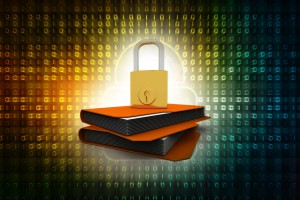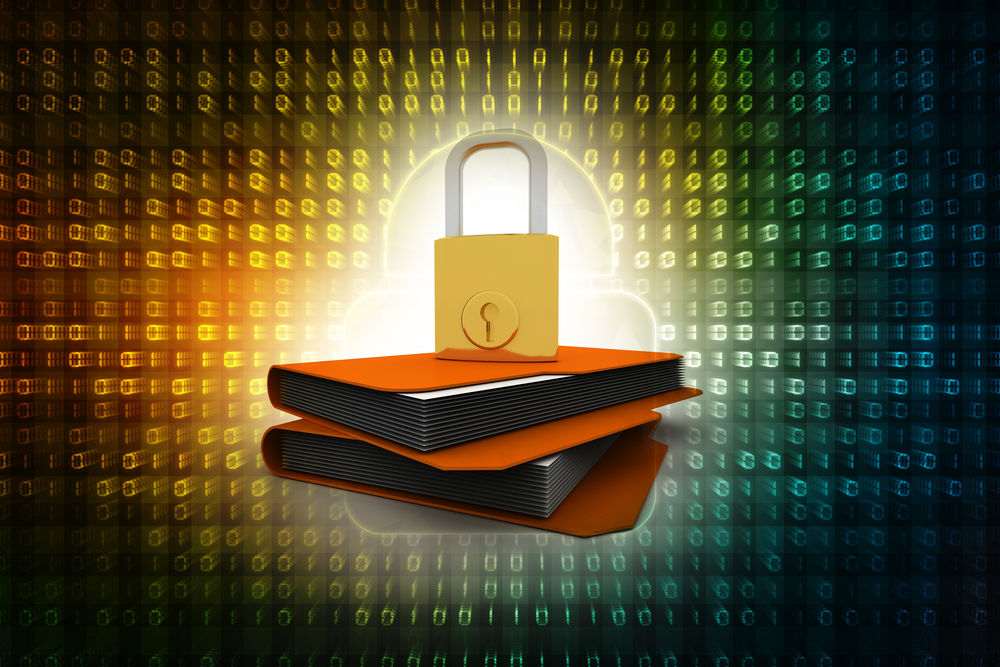 In an age where customer data is constantly being hacked and leaked, it’s vital that any data your business collects on your customers is behind a wall of security. With cybercrime costing the global economy close to half a trillion dollars a year, protecting yourself needs to be a priority.
In an age where customer data is constantly being hacked and leaked, it’s vital that any data your business collects on your customers is behind a wall of security. With cybercrime costing the global economy close to half a trillion dollars a year, protecting yourself needs to be a priority.
No business wants to have to break the news to their customers that their personal information has been compromised due to a security breach. Use these tips for top-notch security to ensure your business never has to make that painful announcement.
Keep Passwords Strong and Difficult to Guess
Strong passwords are the first line of defense. If you’re worried about being able to remember passwords, create a naming convention. Start a word that’s easy to remember, and spell it with a combination of letters, numbers, and special characters. Then, attach something, either at the beginning, in the middle, or at the end, that reminds you what the account is for. For example, you could use FAC for Facebook, GMA for Gmail, etc. Avoid using things easy to guess, like pet names and birthdates.
For a Star Wars fan, “skyw4!kerFAC” would make a strong Facebook password that’s easy to remember.
A naming convention should make your passwords easy to remember (or work out), so you won’t need to write them down. Don’t use the same password for everything – that makes it really easy for hackers to take over accounts and wreak more havoc.
Use Secure Servers
Host your website on a secure server. You may have to pay extra for security certificates, but that HTTPS will help you. In 2014, Google announced secure sites will get a small ranking boost. If your business takes online payments of any kind, SSL is highly critical.
Keep Firewalls and Antivirus Running
Make sure you have firewalls and antivirus software on all computers in your network, and any others remote workers may be using, to keep data on your local machines safe. These should always be running since your computer is “always on” the Internet, and these should always be kept up to date. Run scans on a regular basis to remove viruses and other malware hackers could use to access your data.
Check Permissions on All Applications You Use
Keep employees in line with the right permissions on everything you use. This way, only the people who need access to sensitive information have it. Don’t share files with more people than you have to. While your employees are likely trustworthy, you never know when a disgruntled employee may leak private information online.
Back up Data on Physical Drives
Always have copies of data on physical drives – whether they are external hard drives, CD/DVD-ROM, or flash drives. Even if the data isn’t breached, there’s always a possibility the hard drive will fail – as all of them eventually do. This way, you’ll be able to load your data onto a new machine and keep working.
Consider a Cybercrime Insurance Policy
If your business deals with a lot of risky information, or you just want extra peace of mind, you could invest in a cybercrime insurance policy. These policies can be quite pricey, depending on the level of coverage you want. However, they will help recoup some of the costs in the event there is a data breach. This can also assist with regaining customer trust after a data breach.
No plan is ever 100% fool-proof to protect your business data, but implementing these strategies can go a long way toward prevention. It’s also a good idea to only collect data your business needs, and to use a privacy policy so employees can follow best practices. Security is one of those things that is much better to be proactive, rather than reactive.

